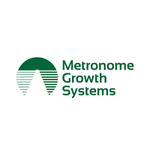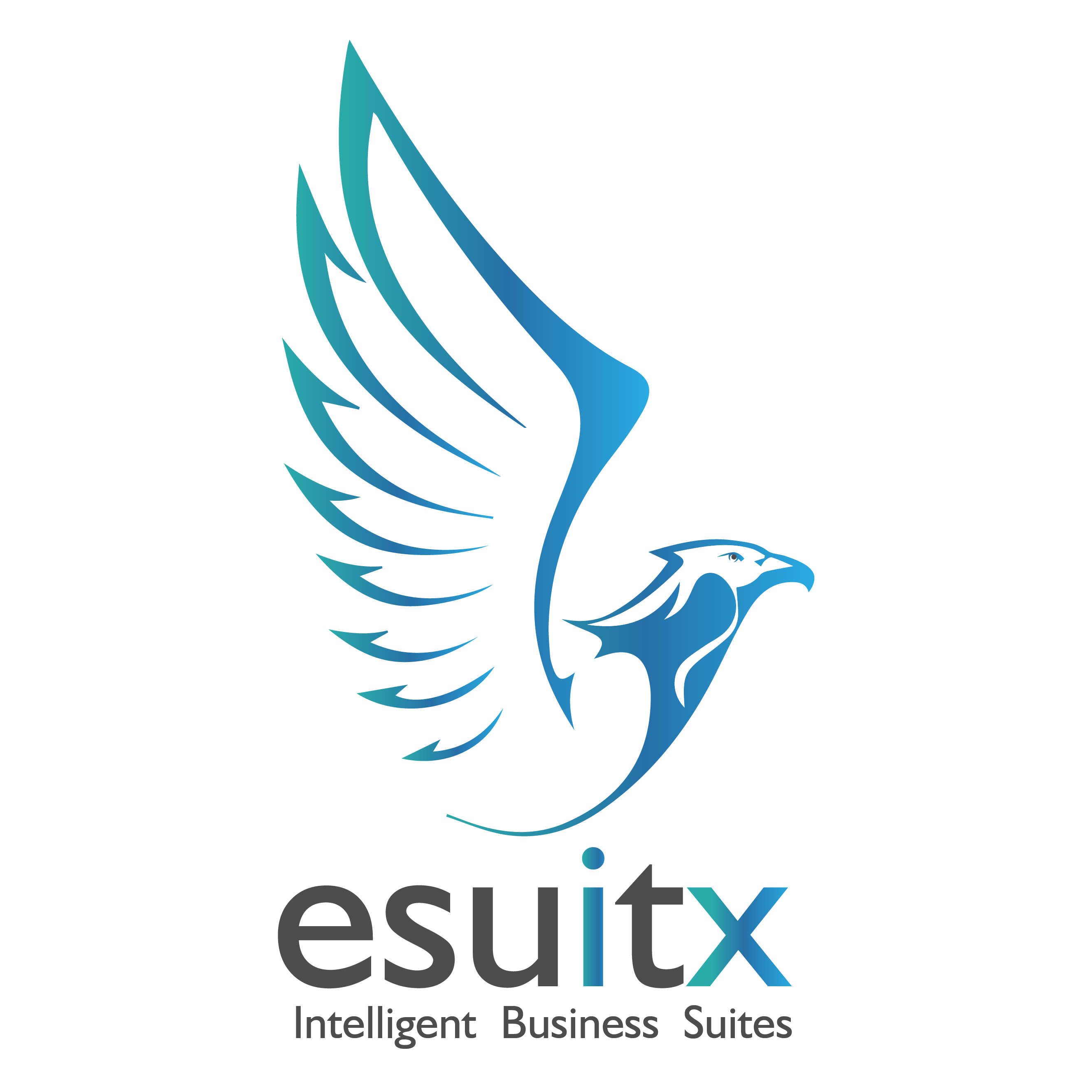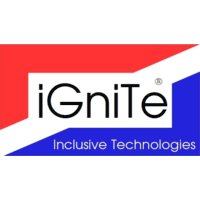Description

DATAHUB

Metronome Growth Systems
Comprehensive Overview: DATAHUB vs Metronome Growth Systems
To provide a comprehensive overview of DATAHUB and Metronome Growth Systems, let's delve into each aspect of your request:
a) Primary Functions and Target Markets
DATAHUB:
-
Primary Functions: DATAHUB is typically positioned as a data management platform designed to facilitate the aggregation, preparation, and analysis of data from various sources. It provides features such as data integration, real-time analytics, and visualization, aiming to create a centralized repository that empowers businesses with insights derived from their data.
-
Target Markets: The target market for DATAHUB often includes medium to large enterprises across various industries such as finance, retail, healthcare, and technology, where data-driven decision-making is critical. Organizations that require robust data infrastructure for business intelligence and analytics would be primary users.
Metronome Growth Systems:
-
Primary Functions: Metronome Growth Systems is focused on business performance management and strategic growth planning. Its functionalities might include OKR (Objectives and Key Results) tracking, performance metrics dashboards, coaching, and strategic planning tools. It serves as an operational and strategic tool for business leaders to align their teams and drive organizational growth.
-
Target Markets: Typical clients are growing companies and scale-ups that need a structured framework to support their expansion efforts. It caters to industries such as tech startups, business consulting, and any other sectors where rapid scaling requires strong alignment and execution.
b) Market Share and User Base
The market share and user base for DATAHUB and Metronome Growth Systems can vary greatly depending on the regions and specific niches they serve. Generally:
-
DATAHUB: Being a data management and analytics platform, its market share is influenced by the number of competitors in the big data and analytics sector, such as Tableau, Microsoft Power BI, and Google Data Studio. Its user base likely includes businesses that prioritize comprehensive data solutions for enhancing their analytical capabilities.
-
Metronome Growth Systems: This focuses on strategic business performance, so its market share is shared with performance and strategic management software like BetterWorks or Asana. The user base tends to be business leaders and managers looking for systems that aid in operational efficiency and strategic alignment.
c) Key Differentiating Factors
DATAHUB:
-
Data-centric Features: The core strength of DATAHUB lies in its ability to handle large volumes and varieties of data, enabling comprehensive analytics.
-
Integration Capabilities: Offers extensive integration support with various data sources and business applications, making it a versatile choice for firms with complex data ecosystems.
-
Advanced Analytics: Often includes advanced analytics capabilities such as machine learning integrations, real-time data processing, and sophisticated visualization tools.
Metronome Growth Systems:
-
Strategic Focus: Unlike traditional project management tools, Metronome emphasizes growth strategy and execution alignment (OKRs, KPI tracking).
-
Leadership Development: Features might include components for leadership coaching and development, which are unique when compared to data-centric platforms.
-
Scalability Tools: Designed to support companies during rapid scaling phases, providing both strategic frameworks and operational tools needed during growth spurts.
Both products cater to different aspects of business needs: while DATAHUB focuses on data-driven insights and analytics, Metronome Growth Systems supports strategic management and growth. Each platform contributes uniquely to business processes, depending on whether the emphasis is on data management or strategic execution alignment.
Contact Info

Year founded :
2023
Not Available
Not Available
Netherlands
Not Available

Year founded :
Not Available
Not Available
Not Available
Not Available
Not Available
Feature Similarity Breakdown: DATAHUB, Metronome Growth Systems
As of my last update in October 2023, I can provide some general information and analysis regarding DATAHUB and Metronome Growth Systems. However, the specific details of features, user interfaces, and unique offerings may vary over time and based on newer updates to these platforms. Here’s a generalized comparison:
a) Core Features in Common
-
Data Integration and Management:
- Both platforms likely offer capabilities for integrating and managing a variety of data sources. This includes ETL (Extract, Transform, Load) processes, data pipelines, and data storage solutions to ensure streamlined data handling.
-
Analytics and Reporting:
- DATAHUB and Metronome Growth Systems probably include features for data analytics, enabling users to generate reports, dashboards, and insights. These tools help organizations make data-driven decisions.
-
Collaboration and Sharing:
- These platforms generally support features that allow for collaboration among teams, such as sharing dashboards or insights, and facilitating team communication around data findings.
-
Security and Compliance:
- Ensuring data security and compliance with industry standards is likely a central component of both products, offering user authentication, access controls, and data encryption.
b) User Interface Comparison
-
DATAHUB:
- Known for its focus on data management and integration, DATAHUB's user interface might emphasize intuitive data navigation and manipulation tools, possibly offering a more technical feel aimed at data engineers and analysts.
-
Metronome Growth Systems:
- Metronome may focus its UI on strategic planning and performance metrics, likely providing a more user-friendly interface with business execs and planners in mind, integrating visuals that support strategic growth mapping and planning.
c) Unique Features
-
DATAHUB:
- Unique features may include advanced integration capabilities, particularly if they support a wider range of data formats and APIs. Additionally, DATAHUB might offer specialized tools for data lineage and metadata management, giving it an edge in handling complex data ecosystems.
-
Metronome Growth Systems:
- Unique offerings might revolve around business growth strategy tools, such as OKR (Objectives and Key Results) tracking, performance benchmarking, and strategic initiative management. These features cater specifically to businesses focused on growth metrics and strategic execution.
For the most accurate and detailed comparison, especially regarding new updates or specific feature sets, I recommend consulting the official product documentation or reaching out to the company directly for product demos and feature lists.
Features

Data Analysis
Security
Data Management
Collaboration

Goal Setting and Tracking
Team Collaboration
User Management
Strategic Planning
Performance Analytics
Best Fit Use Cases: DATAHUB, Metronome Growth Systems
To understand the best fit use cases for DATAHUB and Metronome Growth Systems, it is important to consider the specific functionalities and strengths of each product, as well as the types of businesses or projects that would benefit most from them.
DATAHUB
a) Best Fit Use Cases:
-
Data-Driven Companies:
- Ideal for organizations that are heavily reliant on data analytics and require robust data management and integration tools. Industries such as e-commerce, finance, healthcare, and technology could benefit greatly.
-
Businesses with Complex Data Needs:
- Suitable for companies dealing with large volumes of data from multiple sources. DATAHUB can help streamline their data flows and create a centralized data repository for easier access and analysis.
-
Projects Focused on Data Collaboration and Sharing:
- Useful for businesses or projects that require collaborative data efforts, enabling teams to share and collaborate on data seamlessly across departments or with external partners.
-
Data Governance and Compliance:
- Beneficial for organizations needing to enforce data governance and adhere to compliance standards, as DATAHUB often includes features to support data lineage, privacy, and compliance tracking.
d) Industry Verticals and Company Sizes:
- Industry Verticals:
- Industries such as telecommunications, automotive, and retail can leverage DATAHUB for its capabilities in handling complex data ecosystems.
- Company Sizes:
- While suitable for organizations of various sizes, DATAHUB is especially attractive to medium to large enterprises with established data infrastructure needs.
Metronome Growth Systems
b) Preferred Use Cases:
-
Growth-Oriented Companies:
- Best for companies focused on strategic growth and scalability, offering tools that help in identifying growth opportunities and optimizing business processes.
-
SMBs with Ambitious Growth Plans:
- Suitable for small to medium-sized businesses that are transitioning into larger operation scales and require structured growth strategies and resource management tools.
-
Performance Management and KPI Tracking:
- Ideal for companies needing to implement and track performance metrics effectively, with a strong emphasis on meeting strategic objectives.
-
Strategic Planning and Execution:
- Preferred by businesses that not only need to plan growth strategies but also require assistance in the execution and monitoring of those strategies.
d) Industry Verticals and Company Sizes:
-
Industry Verticals:
- Can be beneficial across various industries including manufacturing, logistics, professional services, and any sector with a clear need for strategic growth and performance improvement.
-
Company Sizes:
- While it can be tailored to larger enterprises, Metronome Growth Systems is particularly well-suited for mid-sized businesses seeking organized growth trajectories and enhanced operational efficiency.
Summary
In summary, DATAHUB is optimal for companies and projects deeply rooted in data management and analytics, offering solutions for data integration and governance. Metronome Growth Systems, on the other hand, is designed for companies prioritizing strategic growth and performance improvement, making it a versatile tool for mid-sized businesses aiming to expand. Each product addresses specific needs within various industry verticals and scales differently based on company size, ensuring they are fitting choices for their respective use cases.
Pricing

Pricing Not Available

Pricing Not Available
Metrics History
Metrics History
Comparing undefined across companies
Conclusion & Final Verdict: DATAHUB vs Metronome Growth Systems
To provide a conclusive assessment and final verdict for DATAHUB and Metronome Growth Systems, we must examine the value each product offers, their respective advantages and disadvantages, and offer tailored recommendations for potential users.
a) Best Overall Value
Considering all relevant factors—such as cost, features, scalability, user-friendliness, customer support, and integration capabilities—Metronome Growth Systems offers the best overall value for businesses prioritizing growth analytics and streamlined performance-tracking features. Its strengths in these areas often translate into improved decision-making and efficiency for companies that need robust growth management solutions.
b) Pros and Cons of Each Product
DATAHUB
Pros:
- Data Integration: Offers exceptional integration capabilities with various data sources, making it suitable for businesses that require a comprehensive data aggregation platform.
- User-Friendliness: Known for a straightforward user interface, facilitating ease of use for staff of varying technical expertise.
- Scalability: Easily scales to accommodate growing data needs and increasing user numbers.
Cons:
- Limited Advanced Analytics: While it integrates data well, it may fall short in providing advanced analytical tools needed by some data-centric companies.
- Cost: Potentially higher costs for extensive data connections and premium features.
Metronome Growth Systems
Pros:
- Growth-Focused Features: Offers specific tools designed for tracking performance metrics aligned with company growth objectives.
- Customizable Dashboards: Provides customizable interfaces that allow companies to tailor analytics to their precise business goals.
- Advanced Reporting: Strong capabilities in generating detailed reports for executive decision-making.
Cons:
- Complexity: May have a steeper learning curve for organizations without a dedicated analytics team.
- Integration Limitations: Could be less flexible in integrating certain niche or proprietary data systems compared to DATAHUB.
c) Recommendations for Users
For organizations deciding between DATAHUB and Metronome Growth Systems, consider the following recommendations:
-
Choose DATAHUB if:
- You require strong data integration capabilities across diverse platforms and prefer a solution that is easy to use and scalable.
- Your business places more emphasis on data aggregation and straightforward data visibility rather than specialized growth management tools.
-
Choose Metronome Growth Systems if:
- Your primary focus is on tracking business growth, and you value advanced reporting capabilities tailored to performance metrics.
- You have the resources to invest in training and utilizing a more complex system that offers specialized insights into business growth activities.
Ultimately, the decision hinges on the specific needs of the organization and the strategic priority of growth management versus data aggregation. Both DATAHUB and Metronome Growth Systems present unique strengths, and businesses should carefully align their selection with their operational goals and technical capabilities.
Add to compare



